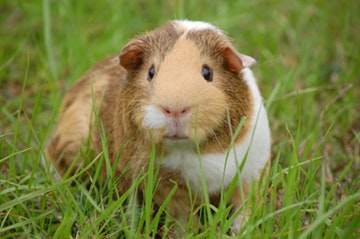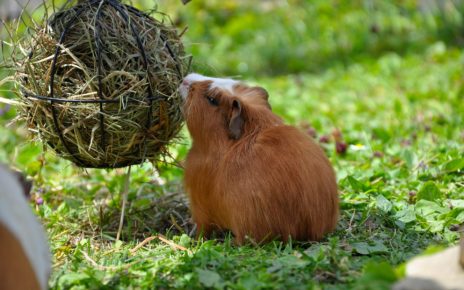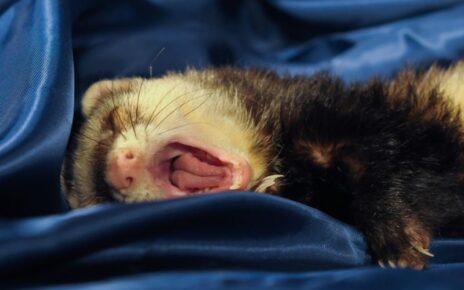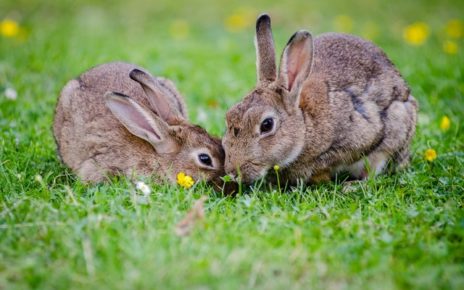Owning a guinea pig can be a lot of fun, but there are pros and cons to any animal. A pet guinea pig can bring joy and happiness to any household, but they will still require feeding and care. The pleasure of owning a guinea pig will also come with a long list of chores. As long as your whole family is prepared for the extra work and expense involved with keeping a guinea pig. Then the positives of owning a guinea pig will most likely outweigh any of the negatives.
Owning a Guinea Pig Pros Cons
Pros
Gentle
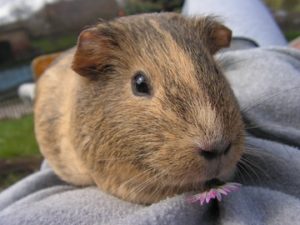
Guinea pigs are very gentle creatures that very rarely bite, and they really enjoy being around people. Unlike other small pets, guinea pigs actually like being taken out of their cage and handled. Guinea pigs will also get along very well with any other guinea pigs you own. The only small exception to this is aggressive territorial males. You can easily handle any minor altercations, by simply separating the offending male until he calms down.
Low Initial Cost

Even though guinea pigs are one of the larger rodents available as pets, they tend to be very affordable. Compared to the high price of ferrets and chinchillas which can cost upwards of two hundred dollars. Guinea pigs are usually very cheap and are available for under forty dollars in most pet stores.
In some cases, if you live near a guinea pig rescue operation, you might be able to find a guinea pig for an even lower price. While the low initial cost of a guinea pig is a pro, there are other costs that will be touched on later that can add up over time.
Good Pet for Children

Due to their gentle nature, guinea pigs make excellent first pets for children. They can also provide a way to teach a child responsibility and a strong work ethic. Guinea pigs will require regular water changes and feedings, these simple chores are a perfect job for a young child. Slightly older children could even handle cage cleanings. Getting children involved in these tasks, will give them some respect for how much work it takes to care for a living animal.
Clean
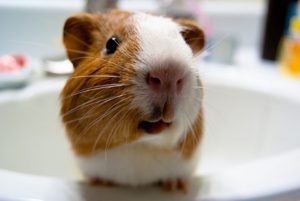
Guinea pigs are known to be one of the cleaner small animals to keep as pets. They focus on keeping themselves clean by actively grooming throughout the day. And even though you and your family members will have to keep a guinea pigs cage clean. They will require very little effort when it comes to keeping their body and hair clean. The only real task you might have to do is to gently brush your guinea pig whenever you get a chance. Brushing can be especially important for long hair varieties since their hair will be hard for them to groom and it tends to tangle easily.
Wide Variety
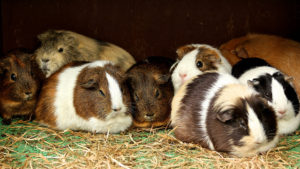
Guinea pigs can be very unique when it comes to their outward appearance. They are available in either short or long hair varieties. Some guinea pigs are a single color, while others can have a patchwork of different colors across their body. Their coloring and unique markings may even compliment their personalities. Color differences will also make it easy to pick out an individual guinea pig from a group. And long hair varieties are very interesting, with their soft luxurious hair they can be fun to style and groom.
Cons
Require Space
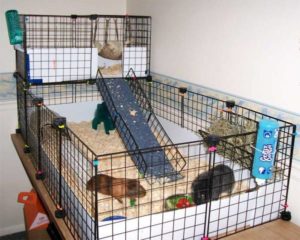
A guinea pig might not seem that big, but they really are a relatively large rodent, and they will need a good amount of living space. Even though you might see guinea pigs kept in small cages in the pet store, those cages are really not adequate for an animal of their size. It is recommended that 1 to 2 guinea pigs require 7.5 sq/ft of cage space. And if you plan to keep 3 to 4 guinea pigs you will need to provide at least 15 sq/ft of space. This can be a considerable amount of space especially for people living in apartments. A larger cage will also cost more, and the large cage really is necessary if you want to provide a good home for a guinea pig.
Read more: Best cage for two guinea pigs.
Maintenance
Any pet will require care and daily chores, but this can be one of the main reasons most people decide not to get a guinea pig, or even give one up. The main maintenance tasks are feeding, providing water and cleaning. While feeding and giving the animal water isn’t really that hard. You will have to commit to it on a daily basis, for the rest of the animals life. And if you ever plan to go on a vacation, you will need to find someone who is willing to feed your guinea pigs every day.
As for cleaning this can be the task that turns most people off to owing a guinea pig. Depending on how much waste your guinea pig produces, cleaning the cage will have to be done at least two to three times a week. And while guinea pig droppings don’t have a very strong odor, their urine can have a strong smell and might bother some people. And if you have guinea pigs in multiple cages you will have that much more work to do.
Food Costs
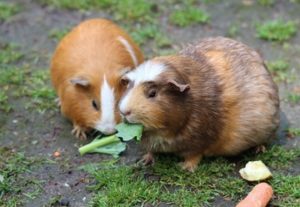
Even though guinea pigs are small animals their food costs can really add up.
A guinea pig will need pellet food specifically designed for guinea pigs. The monthly cost of pellet food for one guinea pig will cost about fifteen to twenty dollars.
Guinea pigs also need a high-quality hay such as timothy hay for roughage. Buying timothy hay for one guinea pig each month will cost between five to ten dollars.
If you want to provide some variety to your guinea pigs diet, you will also need to buy fresh vegetables for your guinea pig. One month’s supply of fresh vegetables for one guinea pig can cost ten to fifteen dollars.
And if you really want to cover your bases a month’s worth of vitamin C supplements will cost about five dollars.
- Pellet Food: $15-$20
- Hay: $5-$10
- Vegetables: $10-$15
- Supplements: $5
- Monthly Food Cost: $35-$50
Other Costs

The other costs associated with guinea pigs, ranging from cages and accessories all the way up to veterinary care. There are many things you can buy for a pet guinea pig, so only the most common and necessary costs will be considered here.
The most obvious thing you will need to buy in order to keep a guinea pig is a cage. A cage for a single guinea pig can cost fifty to one hundred dollars.
After a cage, a guinea pig will need a water bottle. Water bottles can cost about five to ten dollars.
A Guinea pig will also need a bowl for their food. A bowl will cost between five and ten dollars.
Guinea pigs also like to have some privacy, so adding a place to hide can be another added cost. A hideaway can cost five to ten dollars.
And one of the constant recurring costs of keeping a guinea pig is the bedding. If you go with the cheapest pine shavings they can cost eight to ten dollars a bag.
And if the unfortunate happens veterinary costs can run into the hundreds of dollars.
- Cage: $50-$100
- Water Bottle: $5-10
- Bowl: $5-$10
- Hideaway: $5-$10
- Setup Costs: $65-$130
- Recurring Bedding Costs: $8-$10
They Need Friends

Even though you can keep a single guinea pig as a pet, they really do prefer to be around other members of their own species. A lonely guinea pig will be more susceptible to stress, which could lead to health and behavioral problems. In order to avoid these problems, you really have to consider buying at least two guinea pigs if you plan on buying any at all. And when you buy two or more guinea pigs, all the maintenance and other costs will increase proportionally.

